-
 Email Now [email protected]
Email Now [email protected]

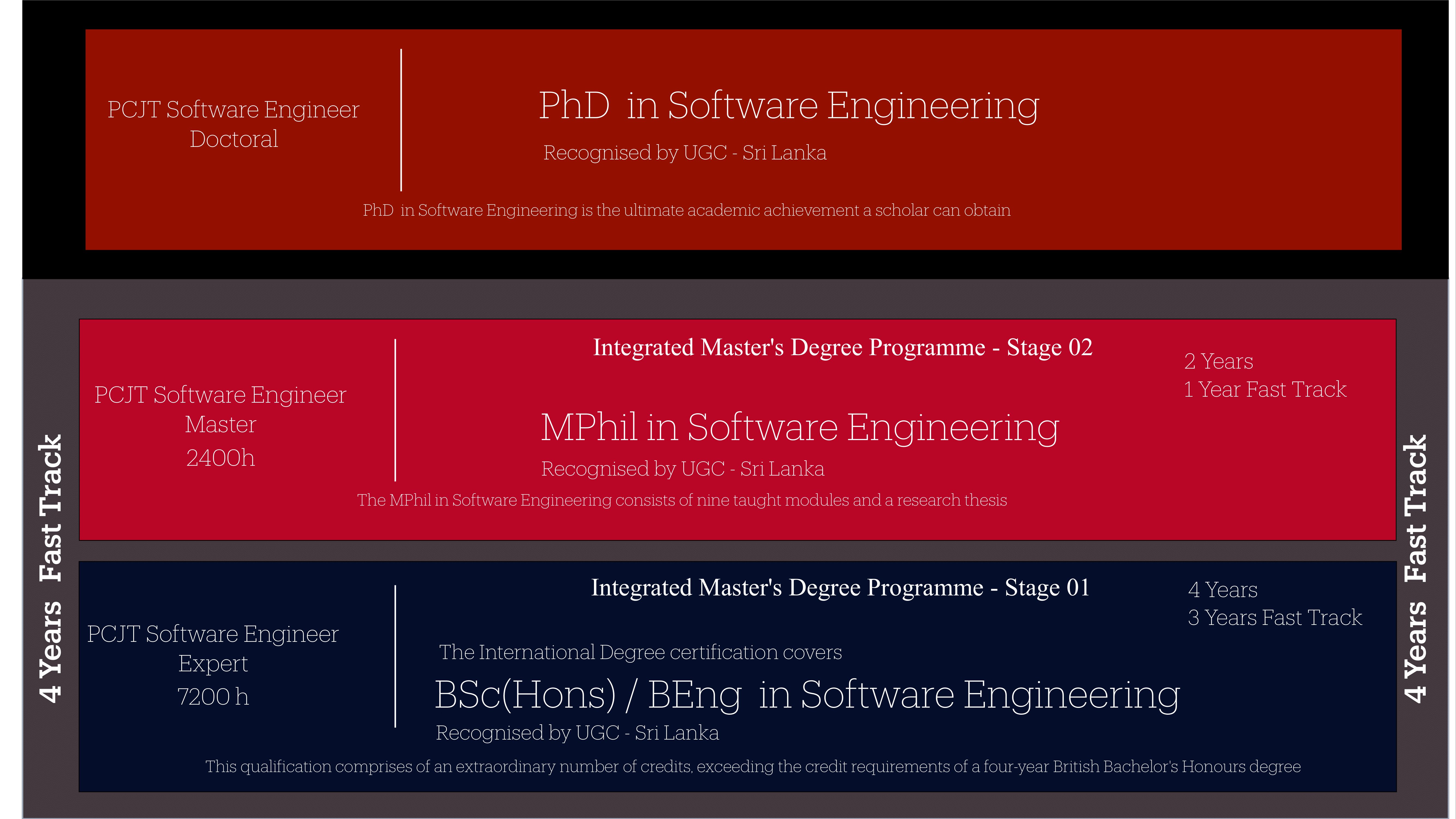

This Unit aims to cover the knowledge of Computer Hardware and Networking, which is essential to the discipline of Software Engineering to setup/maintain and troubleshoot problems related to Computer Hardware and Network Environments.





This Unit aims to enhance the student?s knowledge and skills pertaining to the core concepts of databases, database system environments, database designing, implementing and using Structured Query Language (SQL) in order to fulfill the requirements of industry-level database management systems.





For the development of business software applications, it is essential to be aware of business environments.
This unit focusses on providing a perception of business environments to absolute beginner students in the discipline of Software Engineering in order to design Software Applications for business requirements. They are trained to empirically understand the nature of a business environment by developing physical business models and by completing methodically designed various activities. These activities are specially designed to develop the insight of students to carry out certain steps of a typical Software Engineering Lifecycle such as requirement gathering, requirement analysing, and formulating analysed data using designing techniques, which are required to develop a software application.
The context of this unit does not focus on making students professionals in Professional Software Designing and Modelling Techniques but this module aims to develop the perception of the student in software designing. Furthermore, students are expected to learn advanced object oriented modelling and design techniques in the Unit âSoftware Engineering 1- Object Oriented System Analysis and Designâ (H7DV 04).



This Unit lays the essential mathematical foundation for the Discipline of Software Engineering that enables the student to competently engage in problem solving, mathematical computation and mathematical thinking.
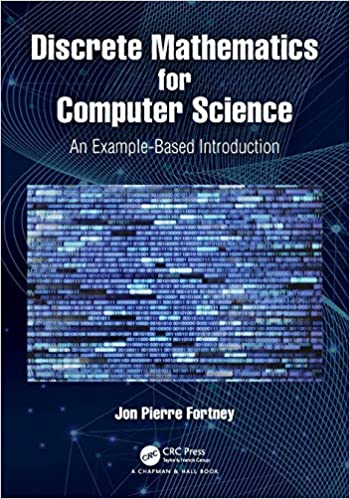


Object-oriented programming is a method of programming based on a hierarchy of classes as well as on well-defined and cooperating objects. The applied knowledge of object-oriented programming is essential for the discipline of Software Engineering and this Unit covers the application of object-oriented programming concepts with the Java programming language. Furthermore, this Unit covers the studentsâ ability to critically evaluate capabilities, limitations and the overall concept of object-oriented programming as well as the essential programming techniques of the Java programming language.
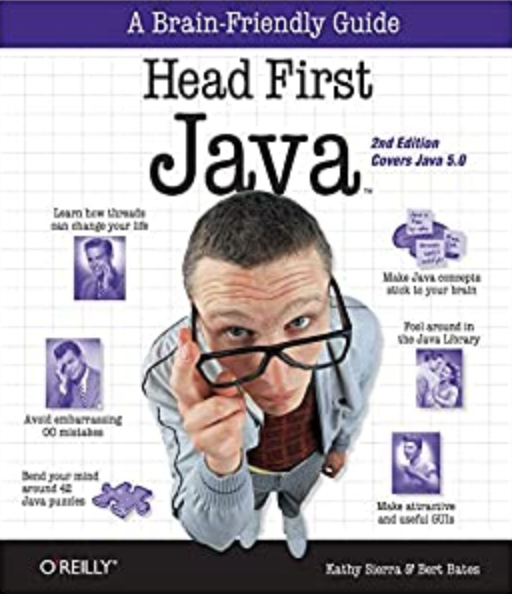





Object oriented programming is a method of programming based on a hierarchy of classes and well-defined and cooperating objects. The applied knowledge of object oriented programming is essential for the discipline of Software Engineering and this Unit covers the application of object oriented programming concepts with advanced programing concepts of the Java Programming Language.
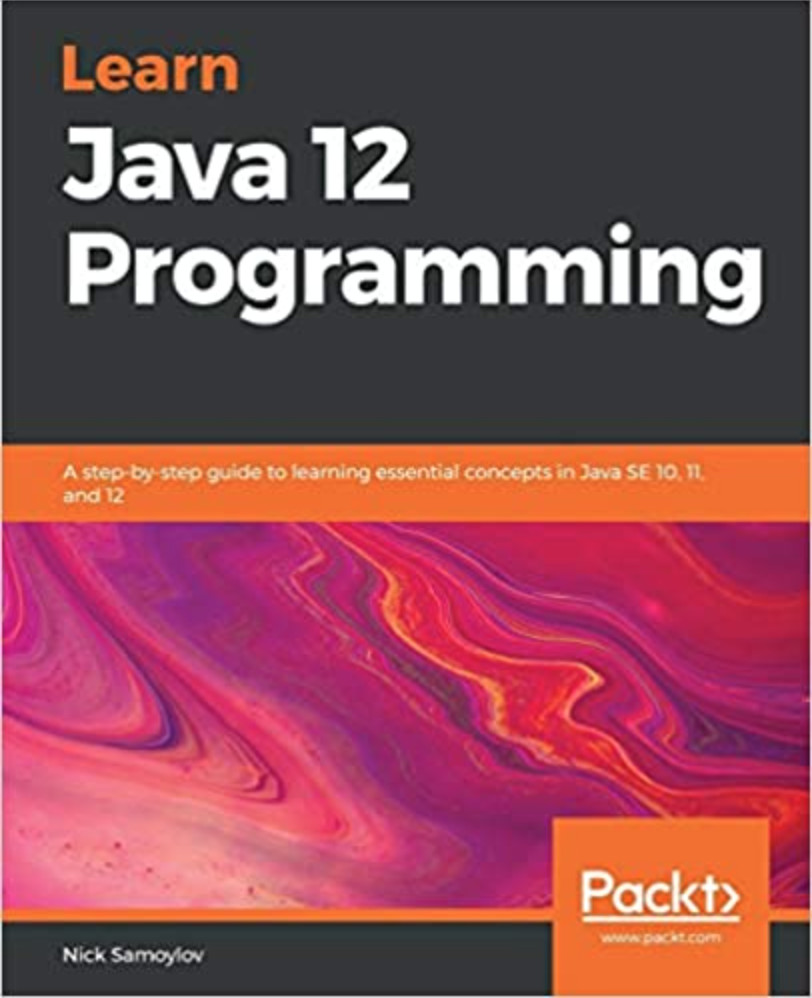



This Unit aims to develop the practical knowledge and skills in Standalone Software Application Development for Business Related Management Systems in any mid-level industry. Furthermore, this Unit provides knowledge and practical expertise to use GUI components/event handling, JDBC and ODBC connections, reporting, software finalising and to work with an Integrated Development Environment, which are all essentials in Software Application Development.





This Unit covers Object Oriented System Analysis and Design techniques that are essential to the Software Engineering Discipline and that are used to develop a logical system specification by analyzing user requirements.
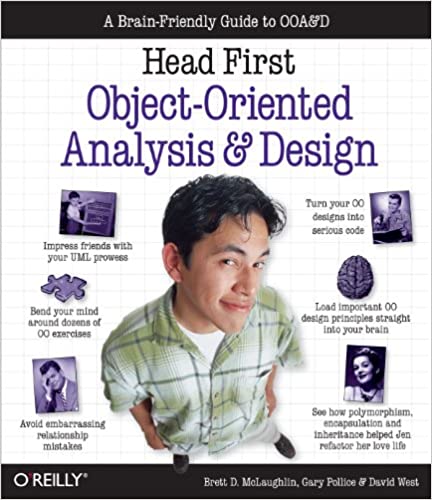

In order to complete this unit, the student should develop following Robotic Projects on an individual basis:
1) Obstacle avoiding Robort
2) Mobile Phone using Arduino & GSM
3) Robot Arm
4) Self Balancing Robort
5) Quadcopter
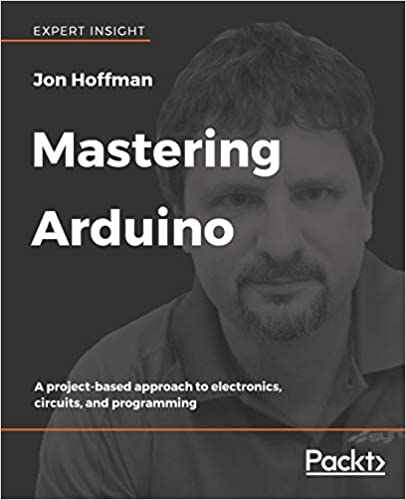



This Unit aims to deliver the knowledge and skills on database related web application development using web development languages. This Unit is intended to provide knowledge and skills to Design, Develop, Host and Maintain a web application.






Students will integrate several technologies and will learn NoSQL databases and understand how their functionalities differ and will get the knowledge to choose databases proficiently according to the context
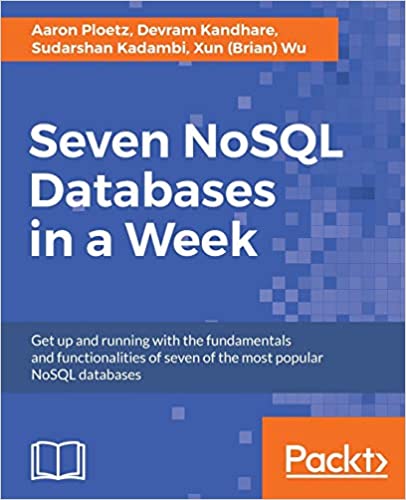


This unit aims to cover the main areas in regard to Research Methodology including the terminology, concepts, conventions and research methods where students will be given a practical experience on the systematic procedures by which research is conducted, enabling them to critically identify, describe and formulate conclusions based on hypothesis testing while evaluating a studyâs overall validity and accuracy.
Besides introducing the structure of a research environment, students will also be equipped with the cognitive skills and practical knowledge required to define and provide feasible solutions for problems arising in the industry through research and experimentation in order to reduce risks and to improve efficiency.
This unit will also provide a stable base for advanced research techniques and research paper publishing in order to formulate a path towards the doctoral levels.

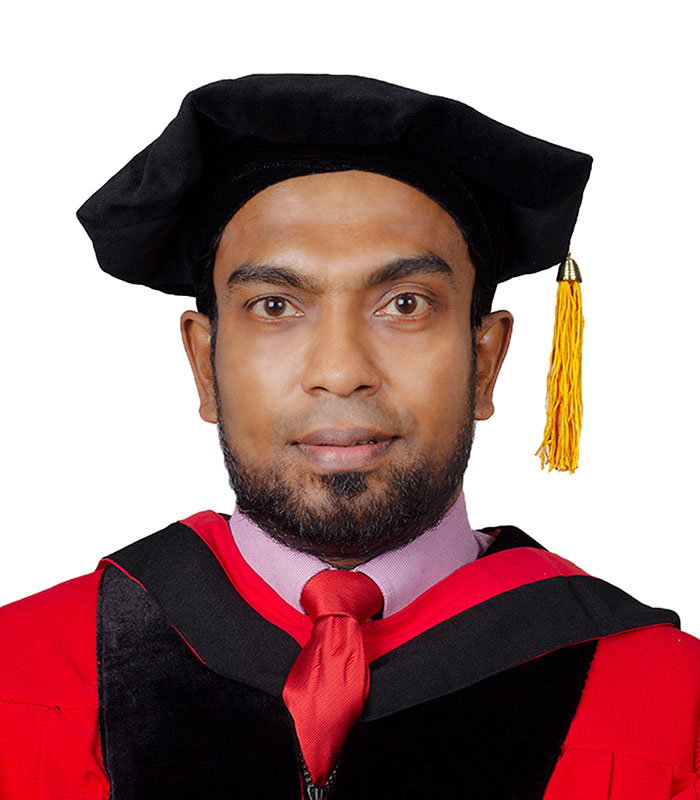
Web and mobile developers can use React Native to create cross-platform apps that work as well as natively created apps. This library can be used to create a wide variety of applications. React Native's simplicity and extensibility make it a good match for any mobile project, from e-commerce to gaming.


Electronics for Software Engineering l is designed as an electronics knowledge component to serve Software Engineering discipline in order to enhance the implementation of integrated electronics with Software interfacing. The course introduces the essentials of Electronics. Topics covered in this unit includes: D.C. theory and resistors, AC theory, capacitors, Electromagnetism, Inductors, Semiconductor Diodes, Operational Amplifiers, Transformers, Transistors, Binary numbering system, Boolean algebra, Logic gates, and Sequential logic.

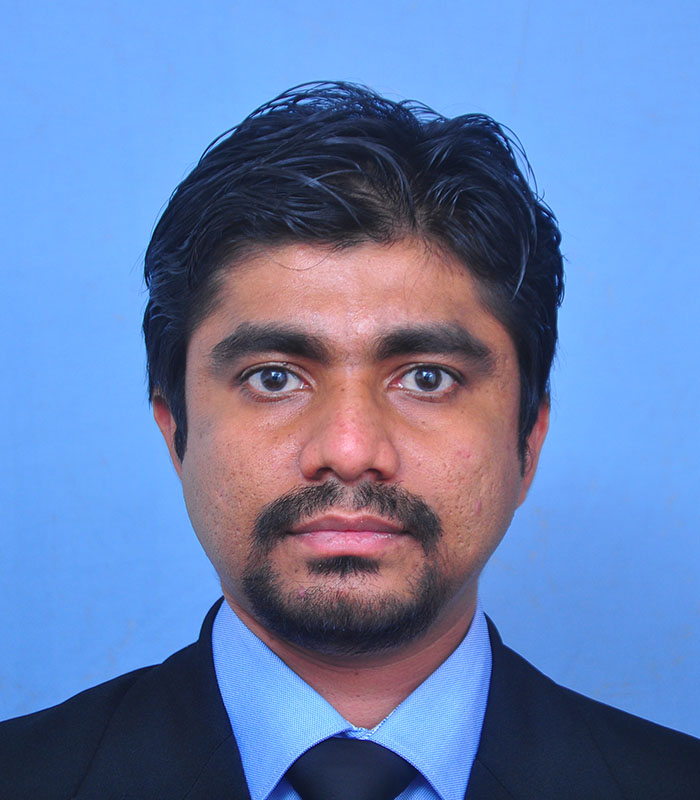

Mathematics for Computer Science ll is a continuation of Mathematics for Computer Science l which was completed during the Professional Diploma in Software Engineering (PCJT Level l). This content covers mathematical knowledge essentials for Software Engineering discipline.
This course is comprised of Permutation & Combination, Matrices & Matrix applications, Differential Calculus, Integral Calculus, Probability, Series & Recursion, Vector Space & Subspace and Statistics for Computing.



This unit aims to deliver knowledge and skills pertaining to design patterns related to the Software Engineering discipline. A total of eleven design patterns will be covered through this particular unit and the students will be expected to utilise object oriented programming concepts in order to describe and apply each design pattern in an appropriate as well as in an effective manner. A wide variety of design patterns, from the Strategy design pattern to the Observer design pattern, will be covered in the unit Object Oriented Design Patterns I.
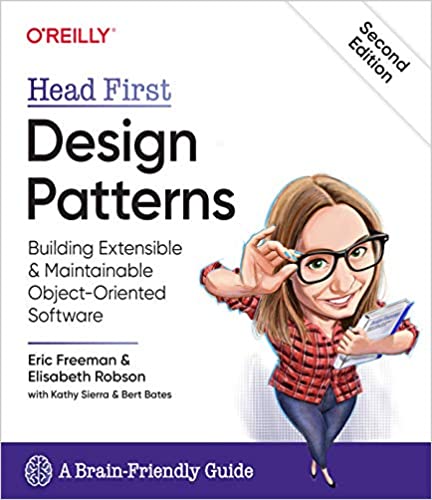


Project management is the discipline of managing a series of tasks within a given amount of time and within a budget.
This Unit is designed to develop an understanding of the concepts, principles, boundaries and scopes of project management with emphasis on issues and problems faced by managers of projects. This Unit also offers the candidate the opportunity to develop a project schedule using project management software in order to demonstrate how the use of such software can assist a project manager to deal with these particular issues and problems when managing projects. Project management plays a large role in the development of a wide range of organisational requirements such as government, construction, engineering, medicine and especially in computing and information technology. This Unit intends to provide candidates with the pre-requisite knowledge and skills required to conduct and manage a project. Candidates should acquire knowledge about the fundamental issues and problems of project management, as well as gain skills in the use of project management techniques. This may include the use of project management software solutions.
The Unit is also capable of being delivered as a standalone unit and may be of interest to candidates with appropriate work experience who hold positions such as project team leaders or team members who wish to broaden their knowledge and understanding of the principles and procedures as well as the software available to help manage a project.



Software testing is an investigation conducted to provide stakeholders with information about the quality of the product or service under test. Software testing can also provide an objective, independent view of the software to allow the business to appreciate and understand the risks of software implementation.
This unit is designed to develop an understanding of the concepts, principles, and objectives of Software Testing as well as Quality Assurance with emphasis on issues and risk of the developed software implementation. The unit also offers the candidate the opportunity to test developed software standalone or web-based systems as well as to find out the bugs and then accomplish bug-free system implementations.
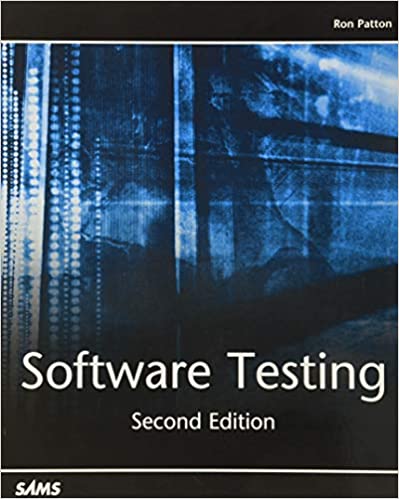

The modern world of technology that society experiences today has formulated an environment that requires software developers to ensure that they are fully equipped to fulfil the requirements of distributed, transactional as well as portable applications that influence the speed, security, and reliability of server-side technology. Today, enterprise applications focus on the business logic for enterprises and solve any involved issues. These are managed within a centralised system and these consistently interact with other enterprise software. Within the world of information technology, these enterprise applications should be designed, developed and produced produced in a cost effective manner and they should operate with a higher speed while using fewer resources.
The use of the Java Platform Enterprise Edition (Java EE) has ensured convenience and efficiency in the development of Java enterprise applications. The main aim of the Java EE platform is to supply software developers with effective APIs while decreasing the development time, reducing the involved complexity, and enhancing the performance. Accordingly, this unit covers the part of knowledge pertaining to Java EE, web component development and lead to the Oracle Certified Professional Web Component Developer examination.




The modern world of technology that society experiences today has formulated an environment that requires software developers to ensure that they are fully equipped to fulfil the requirements of distributed, transactional as well as portable applications that influence the speed, security, and reliability of server-side technology. Today, enterprise applications focus on the business logic for enterprises and solve any involved issues.
These are managed within a centralised system and these consistently interact with other enterprise software. Within the world of information technology, these enterprise applications should be designed, developed and produced in a cost effective manner and they should operate with a higher speed while using fewer resources. The use of the Java Platform Enterprise Edition (Java EE) has ensured convenience and efficiency in the development of Java enterprise applications.
The main aim of the Java EE platform is to supply software developers with effective APIs while decreasing the development time, reducing the involved complexity, and enhancing the performance. Accordingly, this unit covers the part of knowledge pertaining to Java EE, web component development and lead to the Oracle Certified Professional Web Component Developer examination.



This module comprises of theoretical knowledge as well as practical skills associated with advanced principles of technology related to the World Wide Web. The contents of this particular module can be easily considered as mandatory requirements for any technical professional who engages in development activities on the web and other emerging platforms. Candidates will be able to effectively learn a number of key web-based technologies through this module while demonstrating their knowledge as well as their skills via the development of critical web applications that are able to solve real world problems.




We believe that post future Software applications would be controlled by the human brain without touching the device.
We provide our Software Engineering students the knowledge of modern tools necessary to sample the electrical activity of their body which will enable them to develop machines that can be controlled by the mind and lay the foundation to conduct more research on Brain Computer Interfacing.
This training includes sample electrical brain activity (EEG), muscle activity (EMG), heart rate (ECG), body movement tracking etc;


This course is focused on developing the basic concept of bioinformatics and extending those concepts to address more advanced topics and real world applications. This course introduce the students the Internet-based information and use of the wide range of databases available to those working in the field of Biology, Biotechnology and Pharmaceutical industries. Different tools and computational methods of u analysing DNA, RNA and protein structures will be discussed in details. The course is primarily focused on addressing the increasing demand for individuals skilled in using computers to manipulate and analyse the largely increasing amount of genetic information available to modern day scientists. In this course, advanced topics in structural bioinformatics, functional genomics, and evolutionary processes will also be discussed. It also covers molecular evolution and phylogenetic, protein structure and stability, protein folding and computational structure prediction of proteins; proteomics; protein-nucleic acid interactions; RNA bioinformatics, microarray and expression data; and systems biology. The practical component of the course introduces computational tools used to implement analysis of sequence, structural and functional.

Spring Boot is by far the most common Java framework on the market. Because of its simplicity and power, application development has shifted from monoliths to microservices. Spring Boot's simplicity, on the other hand, can be perplexing. This unit demonstrates about using Spring Boot to quickly and efficiently build cloud native Java or Kotlin applications by covering topics including debugging, checking, and deployment with develop cloud native Java or Kotlin applications with Spring Boot.


Flutter is a modern reactive mobile platform that simplifies the process of developing native iOS and Android mobile apps. Flutter enables developers to create quick, native mobile apps out of a single codebase.
This unit covers essential Flutter features such as creating Flutter Widgets, adding animations, connecting to remote services, using databases and Firebase, using Flare to create apps and games in Flutter, using the BLoC pattern, and various best practices.



One of the most common server-side frameworks is Node.js. LinkedIn, PayPal, YouTube, Yahoo!, Amazon.com, Netflix, eBay, and Reddit are only a few examples of businesses that are using Node.js to develop their systems. In this unit, studnets will learn about Node.js, express, and MongoDB, and use them to build a blog app from the ground up. You will advance from a novice to being able to create applications successfully using these technologies as a result of this process.



This unit aims to provide an expert level subject understanding by giving students a hands on coding experience to cover a wide rage of theories in order to develop business components for enterprise solutions using Enterprise Java Beans while providing students with a critical understanding and knowledge required to build secured, robust and scalable distributed applications.
Students will be familiarized with EJB which is a server side software component that encapsulates business logic of an application, focusing on computer security, transaction processing, bean life cycle management and other web services, in addition to getting a clear understanding of the EJB design best practices.
The balanced combination of theoretical sessions, practical sessions, and tutorials will provide a competent business component development experience pertaining to Enterprise JavaBeans.
In addition, this unit together with the Business Component Development II unit is mainly designed for the completion of the Oracle examination, Java EE 6 Enterprise JavaBeans Developer Certified Expert.
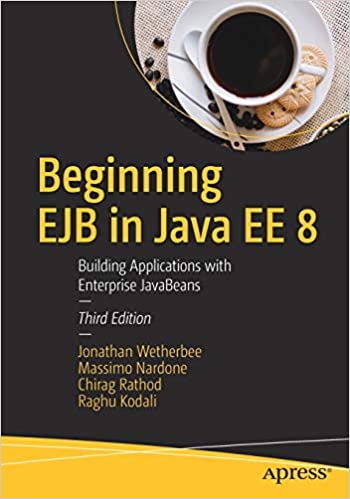

This unit aims to provide an expert level subject understanding by giving students a hands on coding experience to cover a wide rage of theories in order to develop business components for enterprise solutions using Enterprise Java Beans while providing students with a critical understanding and knowledge required to build secured, robust and scalable distributed applications.
Students will be further familiarized with EJB which a Java API in the areas of exception handling, EJB application deployment, implementation of security and transaction services in addition to the knowledge and experience gained in Business Component Development I.
The balanced combination of theoretical sessions, practical sessions, and tutorials will provide a competent business component development experience pertaining to Enterprise JavaBeans.
In addition, this unit together with the Business Component Development I unit is mainly designed for the completion of the Oracle examination, Java EE 6 Enterprise JavaBeans Developer Certified Expert.


Cyber law or the ICT law is the Local and International overall legal system that deals with the Internet, cyberspace, and their respective legal issues. This unit covers a fairly broad area, encompassing several subtopics including Cyber Crimes, Electronic evidence, Law relating to E-Commerce etc; Generically, cyber law has been referred to as the Law of the Internet.
Initially, there was a thought process that the arrival of the Internet represented a new wild wild west. This was supposed to be a world where there would be no applicability of the Rule of Law and people could go ahead and do whatever they wanted to do. But soon the world realized that there should be âRule of Lawâ even in the Internet, because it was necessary to establish corrective mechanisms to protect people and organizations on the Internet from the activities of the malicious people on the Internet and help maintain order.
Therefore gradually International conventions were developed as the International law relating to the field of ICT and the Sri lankan Parliament enacted various statutes which contained the substantive and procedural law which was necessary to regulate the field of ICT.
As the future professionals who are engaged in the field of ICT, the students must have a general idea of Law and about the Law relating to the ICT industry, to conduct themselves within the parameters stipulated by the Law.


This unit, together with Data Structures and Algorithms II, covers the contemporary theory of algorithms, with the main focus directed at efficient algorithms and inflexible problems. The goal of this unit is to provide a stable background in algorithms for Software Engineering students, in preparation for either a job in the industry or as a hands on theoretical and practical experience for advanced course work.
Coding examinations for each section will be conducted to ensure that the student has an in depth knowledge of the principles of algorithms and for the critical understanding of a range of the theories, concepts and terminology of Data Structures and Algorithms.
In order to gain a deeper understanding of algorithms, students are expected to apply the knowledge of Data Structures and Algorithms to real life scenarios and implement it using an object oriented programming language during the limited period of time given.


This unit, together with Handheld Device Programming II - Android Development, aims to deliver the practical knowledge and skills on software application development for Android devices using various APIs in order to fulfil requirements of industry and human needs. The balanced combination of theoretical sessions, practical sessions, assignments and industrial level software development project provides a competent software application development experience pertaining to Android device programming.




The Object Oriented Design Patterns II unit aims to deliver theoretical knowledge and skills related to design patterns within the Software Engineering field. This unit will focus on a total of eleven design patterns that will be completely covered and students will be expected to understand and apply object oriented programming concepts to describe and use each design pattern. Furthermore, students will conduct a deep research on compound patterns and anti-patterns.
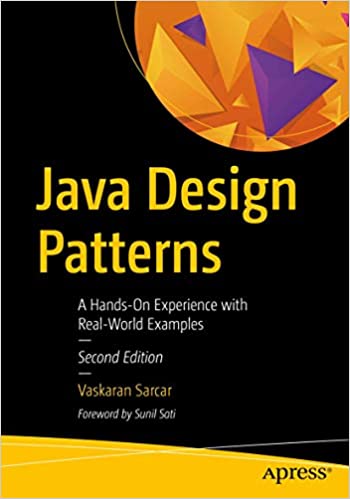

It is evident that Sri Lanka, situated in a miraculous geographical location, is one of the oldest civilizations in the world with wonderful people speaking a wonderful language, which is also one of the oldest languages in the world.
This unit expects to give students inspiration to create new inventions for Sri Lanka's future by researching ancient technologies in Sri Lanka and comparing them to ancient technologies around the world.

This unit, together with Research Methodology I, aims to cover the main areas in regard to Research Methodology including the terminology, concepts, conventions and research methods where students will be given a practical experience on the systematic procedures by which research is conducted, enabling them to critically identify, describe and formulate conclusions based on hypothesis testing while evaluating a studyâs overall validity and accuracy.
Besides introducing the structure of a research environment, students will also be equipped with the cognitive skills and practical knowledge required to define and provide feasible solutions for problems arising in the industry through research and experimentation in order to reduce risks and to improve efficiency.
This unit will also provide a stable base for advanced research techniques and research paper publishing in order to formulate a path towards the doctoral levels.


Robotic Application Development and Internet of Things, students are expected to develop a robotic device while integrating the programming with different programming languages, electronics, algorithmic knowledge and web engineering knowledge learnt throughout the Diploma, Higher Diploma and Graduate Diploma including the knowledge gained from this unit, such as the capabilities of the Raspberry Pi micro computing device, using various sensors to get input from the outside world etc; The robotic device developed by the students is expected to interact with either a machine or a human interface while exchanging data simultaneously. This robotic device will act as a modern IOT application as well. This unit is a very advanced unit which will enable the student to use a high number of technologies while integrating them together to achieve the target.
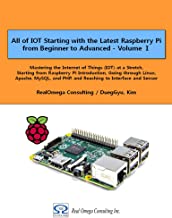
Learning User Interface and User Experience Engineering is an essential subject area based on research and design included in modern Software Engineering. In this unit, students learn different methodologies in UI/UX Engineering to apply in industrial software applications.

The interdisciplinary, scientific study of the mind and its workings is known as cognitive science which includes fields of psychology, artificial intelligence, philosophy, neuroscience, linguistics, and anthropology.
This unit investigates the essence, roles, and functions of cognition such as how nervous systems represent, store, and turn knowledge to learn more about intelligence and behavior.
Furthermore, this unit examines mental functhions such as perception, vocabulary, memory, attention, reasoning and emotion which are among the mental faculties that cognitive scientists study.

A genetic algorithm (GA) is a metaheuristic inspired by natural selection that belongs to the broader class of evolutionary algorithms in computer science and operations research (EA). Genetic algorithms rely on biologically inspired operators like mutation, crossover, and selection to produce high-quality solutions to optimization and search problems.
Easy solutions to complex issues demonstrate the potential of genetic algorithms.
Use Elixir capabilities to write succinct genetic algorithms.
Learn how to use genetic algorithms to solve a problem from start to finish.
Learn how to solve a variety of problems using various methods and fine-tuning.
With application scenarios, you can plan, research, evaluate, and simulate your genetic algorithms.

In this unit, together with Image Processing II, the fundamentals and techniques of image processing is explained with the use of the computer package MATLAB® where the student gets a hands on knowledge through the practical implementation of several image processing algorithms. The student will engage in using the MATLAB® programming environment to practice image processing implementations, including object recognition and color and video image processing.

In this unit, together with Swarm Intelligence II, the student will learn about the collective action of decentralized, self-organized networks, whether natural or artificial. This is known as swarm intelligence (SI) and the term is used in artificial intelligence research.
SI systems are usually made up of a collection of simple agents that communicate with each other and their surroundings locally. Nature, particularly biological systems, is a common source of inspiration. Although there is no central control mechanism dictating how individual agents should behave, local, and to some extent unpredictable, interactions between such agents result in the emergence of "intelligent" global activity that is unfamiliar to the independent actors. Ant colonies, bee colonies, bacterial development, and microbial intelligence are all examples of swarm intelligence in natural systems.

With the development of the discipline of Software Engineering, modern and highly intelligent mechanisms are required to succeed in Software Engineering. Artificial neural networks (ANNs) are an important new development of Software Engineering as these are computing systems that emerged from biological neural networks of animal brains, which are based on collections of artificial neurons.
In this unit, together with Artificial Neural Networks II, students learn how these systems progressively enhance performance levels to achieve tasks by considering examples, generally in the absence of task-specific programming. Java is one of the most preferred languages for artificial neural network programming due to the ease of writing code and because popular neural network packages already exist in Java. Consequently, Java is a versatile programming language for neural networks. The Neural Network Programming unit provides students a complete walkthrough of the mechanism of developing basic as well as advanced practical software coding projects based on neural networks with the Java programming language, synthesising the knowledge of Mathematics and the powerful concepts of Object Oriented

Software Engineering Undergraduates are provided the knowledge on the Unity game engine which is a powerful tool for professional game developers. This unit covers a large array of topics on gaming development and several sample games will be developed under the practical lecture sessions which will enable students to develop a game application by their own as the final project in the unit Game Application development.

Apple's latest modern programming language, Swift, is gradually replacing Objective-C as the primary programming language for iOS and OS X development. Because of its modern features and prototyping tools, the language will appeal to both current and new developers. Swift, on the other hand, is a complex language with a lot of advanced definitions, structures, and patterns. Students need a method for learning and comprehending these new features which will covered in this unit.
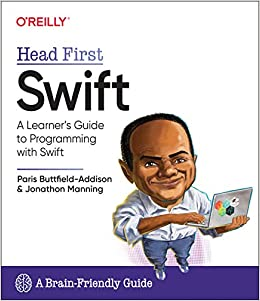



Quantum Physics is becoming not only the basis of all the technological innovations of today from nuclear energy to computing but also it is becoming a philosophy to explain all levels of existence of the cosmos. As young researchers, in this unit students learn the basics of Quantum Physics and the functionality of Quantum Computing, followed by a research work on Quantum Physics.

Cyber Security and Ethical hacking are essential areas in the Software Engineering discipline that are required to develop impenetrable software solutions Students who have completed the CEH Examination are provided exemptions.


Ph.D.in Operations Mgt.(Philippines), Postdoctoral Scholar (Japan), MBA (UK), B.Eng.(Hons) in Mechanical Engineering (UK), B.Sc. in Mgt.(KDU-SL), LL.B(Hons)(UK), Graduateship in Rubber Technology (PRI-SL), NDTT in ELT (UNIVOTEC-SL), MPRISL, IMSLAAQP
DirectorProfessor of Operations Management - IIC University of Technology Cambodia
Secretary - Java Institute Academic Council, Sri Lanka
Director - Java Institute Central Campus (Pvt) Limited, Sri Lanka
Director - ICBM Campus, International Center of Business Management (Pvt Limited), Sri Lanka

Bachelor of Science (B.Sc) from the University of Colimbo in Mathematics & Physics, in 1979.
Master of Business Administration (MBA) from the Postgradute Institute of Management (PIM) of the University of Sri Jayawardenapura, in 1994.
Master of Arts in Economics (M.A) from the University of Colombo, in 1996.
Doctor of Philosophy (Ph.D.) from the International University of America, for a Fundamental Research in Mathematics in 2014.

PhD in AI from Universiti Terengganu Malaysia M.Phil in AI from University of Colombo
Lecturing experience : 13+ Years.
Publications : view
Current designation : Head of AI and Research - OREL
N/A
N/A
N/A
To predict results, data mining and big data analysis use the method of identifying anomalies, patterns, and similarities within large data sets. Useful insights are derived by utilising a variety of methods, such as secret patterns, unexplained associations, industry dynamics and consumer desires which can be used to make better, informed decisions.

Cyber Security and Ethical hacking are essential areas in the Software Engineering discipline that are required to develop impenetrable software solutions Students who have completed the CEH Examination are provided exemptions.

In Software Development there are different categories of Programming Languages such as Object Oriented, Functional, Scripting, Low Level etc; and each category has many programming languages with different abilities. This Degree Program provides a professional level critical understanding to undergraduates on how to choose/integrate the right programming language for a particular context in order to get the maximum outcome.
The entire program will provide professional level applied knowledge of 20+ programming languages including C++, PHP, Android, XML, HTML, R, Python, Ruby, Assembly, Elixir, C#, Java script, Lua, JSON(data format), GO, C, Java, Haskell, Clojure, Objective - C, Swift etc;

The foundation of cryptocurrencies is blockchain technology, which is also used in a variety of other industries.
This unit enables students to learn and comprehend blockchain technology by developing a simple blockchain application step-by-step using the Java Programming Language. Students will be able to learn more about blockchain technology principles due to the hands-on training offered in this unit.
Furthermore, students are required to perform two blockchain-related research projects:
01. Blockchain Technology R1: Decentralization, decentralized application development on Ethereum, Bitcoin, alternative coins, smart contracts, alternative blockchains and Hyperledger.
02 Blockchain Technology R2 : Blockchain and Internet of Things, scalability, blockchains in enterprise and tokenization.
